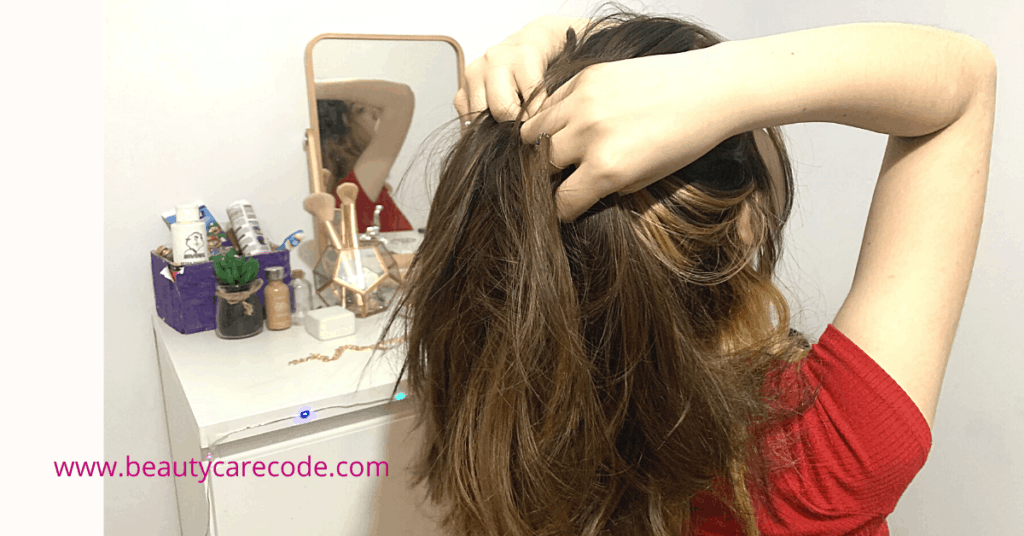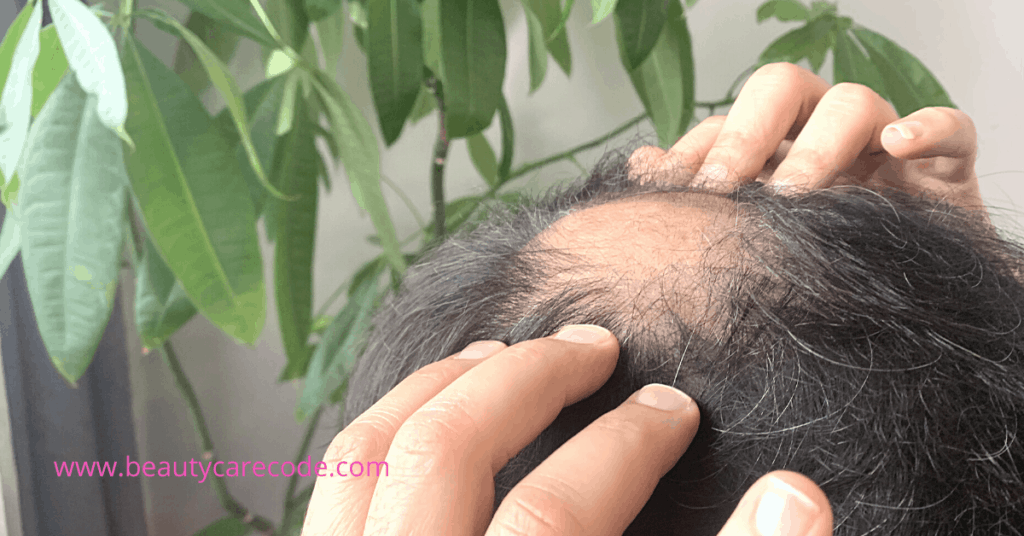While almost everyone considers hair as an element of beauty, the number of people with little or no hair is increasing every day. So either the beauty standards are evolving or the solutions available have failed to improve hair regrowth. After researching and going through many scientific articles, I think both are true. Although, it’s very admirable that people accept their look as they are, one thing we certainly understand is the failure of the current treatment in terms of efficacy and cost. One of the promising hair loss treatment is a dihydrotestosterone (DHT) blocker. Here we want to know why the DHT blocker is not effective as it is promised to be.
Why DHT blocker is not effective?
To find out the reason why DHT blocker is not effective, we should know briefly about DHT.
What is DHT?
Dihydrotestosterone (DHT) is an androgen, a sex hormone. An enzyme catalyzes the formation of DHT from testosterone. DHT is more powerful than testosterone. It attaches to the same sites as testosterone, but more easily. It is responsible for the development of male characteristics. High levels of DHT can increase your risk for certain conditions, but having too little DHT can also cause problems in your sexual development as you go through puberty. Therefore, in addition to its normal function as a sex hormone, it causes a number of androgen-dependant conditions such as excessive facial/body hair growth and male pattern hair loss in men and less common in women.
Prevention of DHT synthesis in the body is always considered effective ways in the prevention and treatment of these conditions; excessive body hair and male pattern hair loss.

How DHT affect hair growth?
DHT is essential for hair growth in the body but it has negative effects on head hair growth. It attaches to the androgen receptor on the hair follicle. It then triggers the receptors so the hair begins to get thinner and gradually falls.
How and why it causes hair loss, the mechanism underlying is still unknown. That unknown mechanism might be the main reason the current treatment, DHT blocker, is not effective.
Why DHT affects people differently?
DHT works differently because:
- The number of DHT receptors at the follicle is different
- Local DHT production is greater
- The sensitivity of the androgen receptor is higher
- There are more DHT or testosterone circulating in the body
How all these factors are different and how they are controlled are not yet discovered.
DHT blocker medications for hair loss
5α-Reductase inhibitors are known as DHT blockers. They inhibit the enzyme that converts testosterone to DHT, so the amount of DHT decreases.
- Finasteride or Propecia
- Dutasteride or Avodart
Research has shown that they can stop baldness from progressing, and in some cases, the hair will regrow. However, the number of hairs that successfully grow is not impressive. Finasteride and Dutasteride are available in oral forms. Dutasteride is more effective in preventing the conversion of testosterone to DHT.
Why DHT blockers are not effective long-term?
There is a major drawback in using DHT blockers in treating hair loss. In order to maintain the benefits of these medications in hair regrowth, you have to keep taking them. If you stop, the hair will fall and you get back to the first place. Some physicians advise taking them at least for a year. Even after a year, the results may not be stable. Consider the long duration of treatment, they may create two problems:
- Cost, year after year of taking medications can be expensive. Normally health insurance does not cover them.
- Side effects, more important than cost
Side effects of DHT blockers
- Loss of sexual desire
- erectile dysfunction
- decrease in ejaculate
- breast changes
- emotional changes
The long duration of treatment, unstable results and side effects make you wonder if that treatment worth losing greater values in your life such as a normal sexual relationship?
DHT blocker foods
It is so great if we can tackle any health issues by correcting our diet and adding some fruits and vegetables. If you prefer to look for natural ways to improve your hair condition, here are some foods that may naturally decrease DHT levels and prevent hair loss.
- Kale
- Spinach
- Apple
- Berries
- Pumpkin seeds
- Caffein
- Onion

Whether these foods are truly efficacious in preventing hair loss, we still need more research studies. However, a good diet full of green vegetables and fruits always rewards you with good health and glowing skin if not reverses hair loss.
What to do if DHT blocker is not effective
To thoroughly discover the connection between testosterone, DHT and male pattern hair loss, or to discover another hormonal or non-hormonal efficacious treatment, and to successfully crack the code, further investigation is required.
Until then, it is your decision on how to deal with that. Hair loss is not a health problem and does not have any consequences. There is no right and wrong decision. Whether you accept your look and feel confident in your body, or you like to go for a treatment, it’s your personal choice.
By the way, your look is the way you see yourself and how much you appreciate yourself; and only you set the parameters for your own beauty, not anyone else.
So much love!
Fatemeh!
